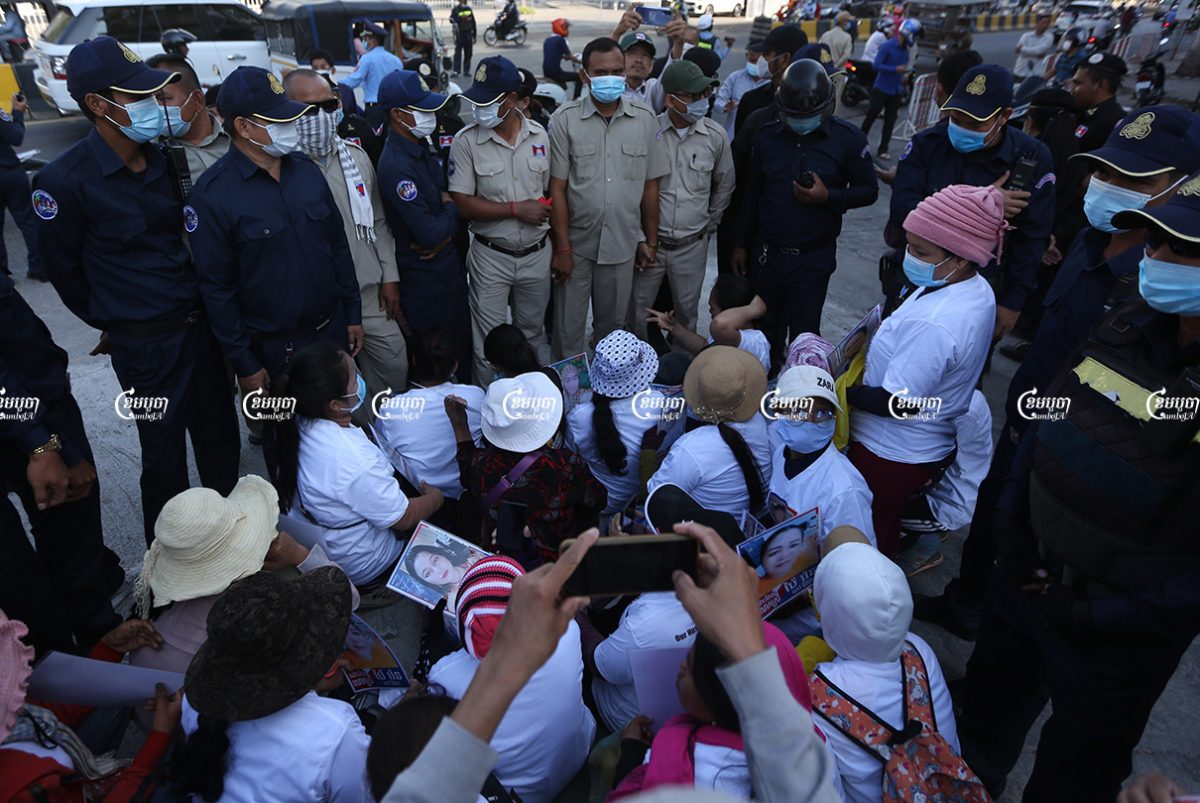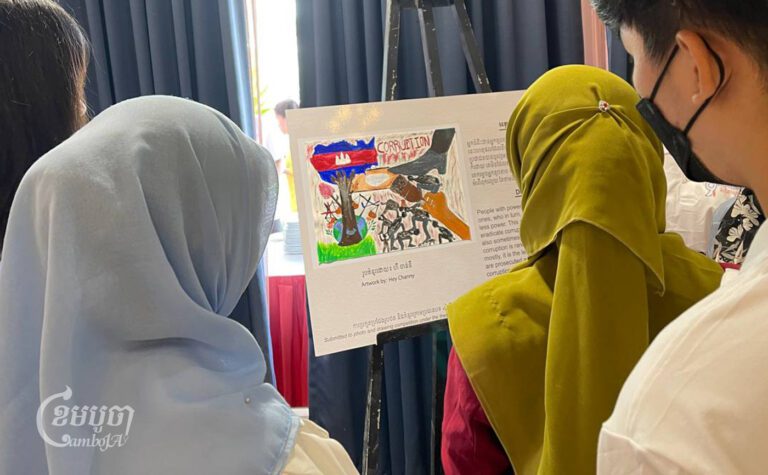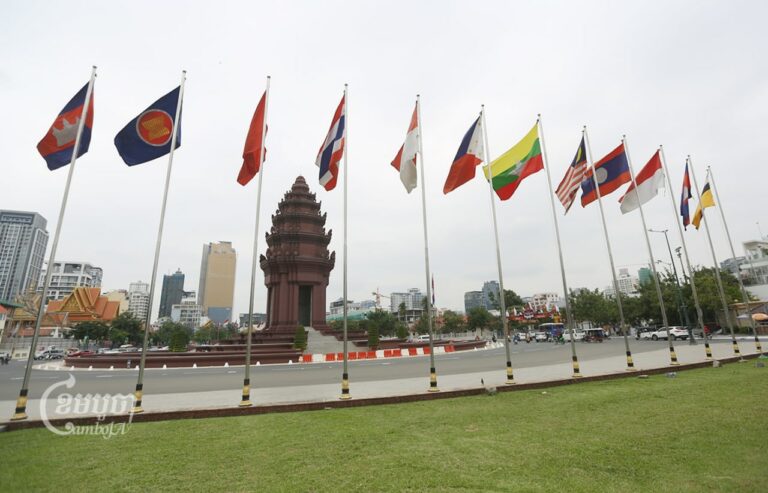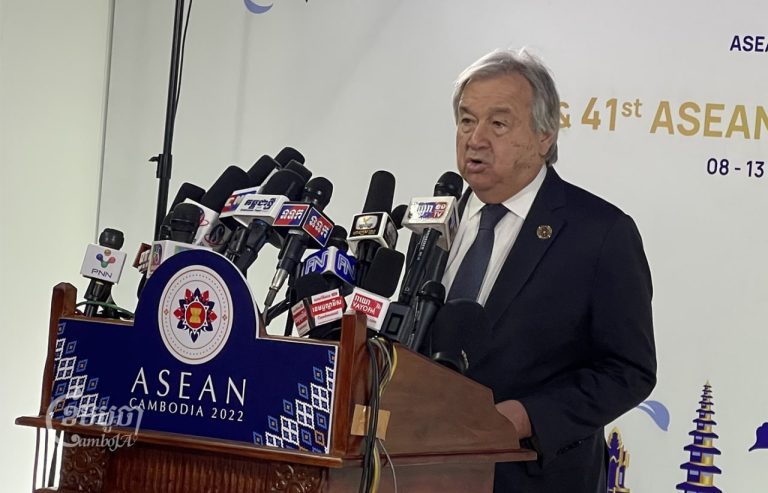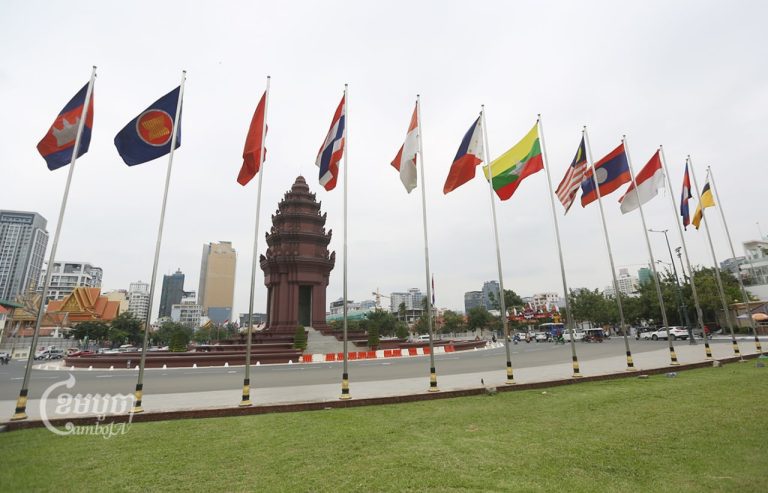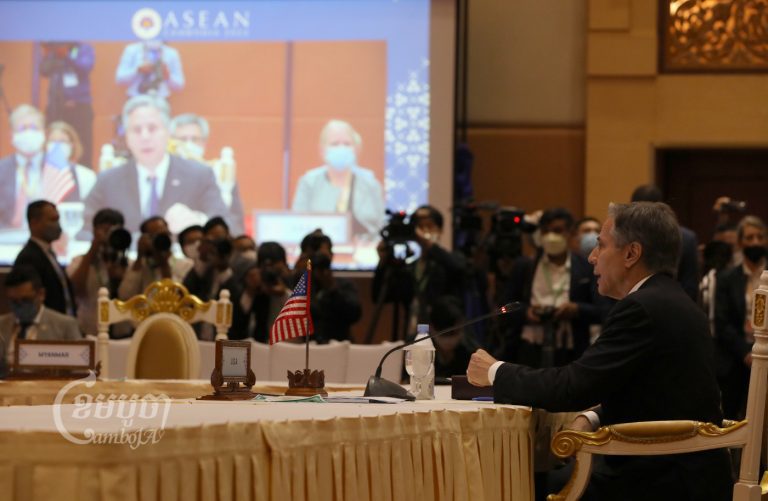Speaking at an ASEAN meeting Tuesday, Cambodian Foreign Minister Prak Sokhonn called for both the comprehensive implementation of human rights and respect for each country’s sovereignty.
The virtual meeting held between foreign ministers and representatives of the ASEAN Intergovernmental Commission on Human Rights, discussed how the body could promote and protect human rights in ASEAN, in particular during the COVID-19 pandemic.
“Human rights must be understood and approached in a holistic manner without double standards, with due respect to national sovereignty and the principle of non-interference,” said Sokhonn. “The manipulation of these sacred principles to instigate hatred, social discord, instability, and interference in the internal affairs of others.”
Sophal Ear, a Cambodian political commentator and associate professor at Occidental College in California, said the ASEAN mechanism woefully fails to address the abuse of human rights, the destruction of democracy, and the crimes against humanity happening in Myanmar and elsewhere in ASEAN.
“This seems to be wanting it both ways, which means everyone can do whatever they want and please do not interfere in the internal affairs of each member and that includes Myanmar,” he said.
Cambodia is set to take the chairmanship of ASEAN next year, where it will face the challenges of dealing with the situations in Myanmar and the South China Sea.
“Cambodia must be careful not to hold a mirror too closely as it might see itself,” he said. “Cambodia should balance between China and the U.S. by ensuring that ASEAN’s best interest is always paramount.”
Political analyst Em Sovannara said there should only be a single standard when it comes to human rights.
“Here we find it difficult to say that it is an interference in the internal affairs of any member state, because ASEAN itself has signed and ratified the United Nations’ declaration on Human Rights, including Cambodia,” he said. “It is right to say not to interfere in any state, but without outside intervention, democracy and human rights progress will be deteriorated.”
Sovannara said the bigger concern is that member states do not follow the principles set out in ASEAN’s constitution regarding human rights and democracy.
“We see Thailand staged a coup, Burma also staged a coup, and Cambodia itself was criticized for crushing the opposition party and restricting freedom of expression,” he said.
Justice Ministry spokesman and vice president of the Cambodian Human Rights Committee, Chin Malin, said human rights and democracy issues have become a popular excuse for some countries to interfere in another country’s internal affairs.
“For example, during this COVID-19 pandemic, when some countries introduced measures to prevent COVID-19 by restricting the laws, but due to political agenda, they were not accused of human rights abuses,” he said. “However, when Cambodia implements the same measure, we are accused of human rights abuses.”
Rights monitors and governments like the US and EU have warned of a democratic backslide in Cambodia, with the human rights situation worsening since the 2017 dissolution of the opposition CNRP. Since then, the government has arrested scores of opposition members, along with environmental and rights activists.
Chak Sopeap, executive director of Cambodian Center for Human Rights, said she welcomed the government’s commitment to upholding the fundamental freedoms of ASEAN citizens.
However, she said national authorities have not shown any genuine intention of remedying the ever-worsening human rights situation in Cambodia.
“Sadly, the government has so far failed to turn this commitment into concrete actions to ensure that human rights are respected, and fundamental freedoms are freely exercised in the Kingdom,” she said. “Cambodia still has a long way to go before it achieves human rights for all.”
The U.S. Foreign Affairs Committee last week unanimously passed the Cambodia Democracy Act, to sanction Cambodian officials involved in undermining democracy.
Introduced by Representatives Steve Chabot and Alan Lowenthal, Co-Chairs of the Congressional Caucus on Cambodia, the bill would impose “sanctions on Cambodian officials responsible for uprooting democracy in the country.”
If it passes, sanctions would include property freezes and a ban on visas.


